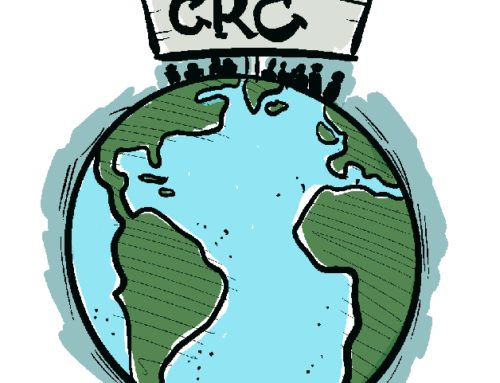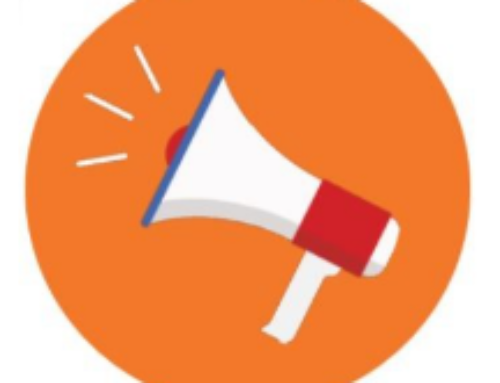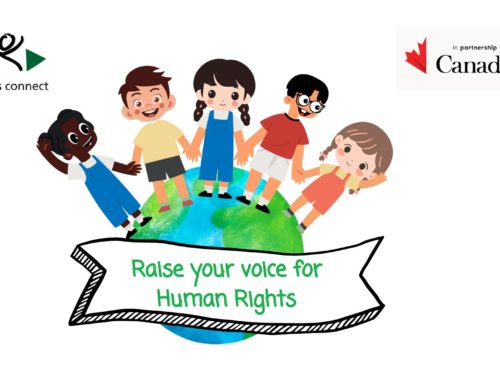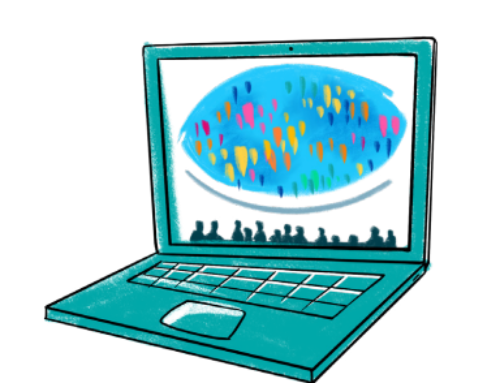Thanks to project funding from Tanya’s Dream Fund hosted by Swiss Philanthropy Foundation, we have recently launched a new pilot project in Bulgaria, in collaboration with the National Network for Children (NNC) and the New Bulgarian University – Know How Centre for Alternative Care for Children (KHC), to advance the rights, empowerment and protection of child human rights defenders (CHRDs), particularly those who have or are likely to have experience of the child protection and care system. The project runs from November 2022 to October 2023 and will allow us to empower CHRDs from vulnerable backgrounds to safely and sustainably boost their participation and activism including through supporting adults in fostering a more enabling environment for CHRDs.
Check out the project factsheet here!
Context: A need to boost the potential and capacity of children to act as human rights defenders in Bulgaria
Much as elsewhere in the world, and as documented in a recent study from the KHC, more and more children in Bulgaria mobilize, speak up and act to defend and promote human rights around a variety of issues, such as poverty, violence, hate speech, and family separation. In doing so, these child human rights defenders (CHRDs) however face distinct obstacles, grounded in “adultism” and a lack of understanding of their rights as CHRDs and ways to implement safe, inclusive, empowering and sustainable child participation processes.
As documented in our Guide on the Rights of CHRDs, CHRDs’ activities are not visible and seldom supported. Children are often unaware of their right to act, be empowered and protected as human rights defenders and sometimes face threats. Their civil and political rights are largely unknown/neglected. This is fueled by the lack of recognition of CHRDs’ rights in national law and international standards, a lack of connections among and between child and adult defenders, and growing anti-child rights movements, particularly pervasive in Bulgaria.
“Children need to be given spaces to work together because there is power in having many more children defending human rights”, stated Agnes Gracia, the Project Lead, from Child Rights Connect.
The situation is worse for children in alternative care, children with disabilities in residential care, Romani children, especially girls, and children living in poverty, who face heightened marginalization and exclusion, poverty, and lack of access to education (to name a few). This in turn feeds a cycle of discrimination, exclusion and disempowerment, and exposes them to greater risk of family separation.
What change our project aims to bring
A key expected impact of our project is to boost and sustain the potential and capacity of children in Bulgaria to act as human rights defenders both now and in the future, through amplifying their agency in voicing their aspirations and taking forward their own human rights activities, building legal awareness of CHRDs’ rights and corresponding duties, and empowering adults in their supportive role.
The project is grounded in the belief that, with their rights, empowerment and protection advanced, CHRDs can be strong catalysts for legal, policy and practice change towards a more democratic, inclusive and rights-respecting society, enriching the voice and action of adult defenders.
The project envisions to connect aspiring/actual CHRDs together, and with supportive adults (CSOs, child- and youth-led groups, social services/caregivers, schools, clubs for extracurricular activities, parents, etc.), to start building a movement for social change, which can ultimately contribute to changing the narrative around child participation and empowerment, influencing the development of progressive law, policies and practices, and depolarizing the debate between adults and children.
Building on a key learning from our experience in Moldova, which this project has been modeled on, collaboration will be stirred around the rights of CHRDs with and among various civil society groups supporting children from marginalized categories as well as groups supporting adult human rights defenders, to create the conditions for a more enabling environment for CHRDs’ action in Bulgaria.
“In the longer run, it is hoped that the empowerment of CHRDs to know and act for their rights as defenders will contribute to preventing unnecessary family separation. This remains a key concern in Bulgaria, as the figure of 10,000 children placed in alternative care has not varied significantly over the last 10 years, according to Eurochild’s DataCare Country Overview”, said Dr. Radostina Antonova, KHC project focal point.
What activities will the project undertake
To ensure aspiring/actual children from the most vulnerable groups are involved, the project will reach out to, select, mobilize and provide technical and financial support to selected CSOs working with children from these groups as well as to child- and youth-led organisations.
Throughout the project, children will be capacitated on safe, empowering and sustainable action as CHRDs through a series of capacity-building workshops, peer-to-peer exchanges with fellow children in Bulgaria and at the regional and global level (particularly with children involved in our project in Moldova, and with our child advisors), and through technical assistance to allow them to promote their rights as defenders before the UN human rights system.
“With this new project, children from various backgrounds involved in our Megaphone project, focused on child participation and empowerment, will gain access to new information, connections, and spaces to act as human rights defenders”, said Kristina Nenova, NNC project focal point.
Tools on acting as human rights defenders both for children and adults in their supportive role will be published in Bulgarian and disseminated to help broaden collective and individual knowledge and understanding of the context and rights of CHRDs. Through the capacity-building workshops and ongoing technical guidance, and engagement with children, adult defenders and CSO representatives will increase their understanding of who CHRDs are, what their distinctive role is, and how they can support children to engage as human rights defenders in a safe, empowering and sustainable manner.
The project will nurture networking and coalition-building among and between children/CHRDs, including child-led groups, and adult defenders, CSO representatives, youth-led groups, parents, caregivers, etc. to overcome the silos which undermine CHRDs’ actions in Bulgaria.
All this work will be underpinned by a strong learning objective, through constant data collection, analysis and reflection on lessons learned, jointly with children and adults, to inform the action based on what is needed and what works.










Leave A Comment